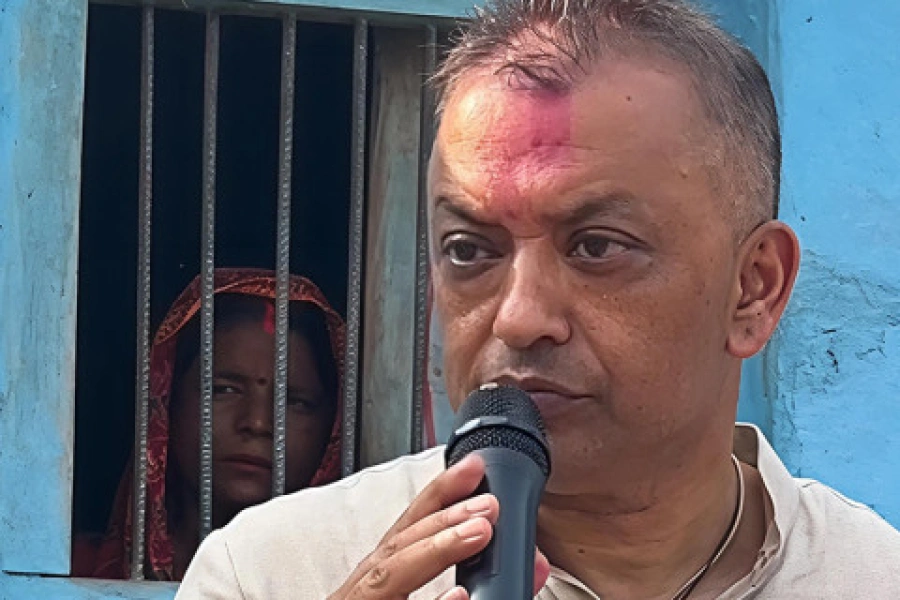Youth represent the largest segment in Nepali society. According to Nepal’s National Youth Policy, approximately 20.8 percent of the total population of the country falls in the age group 16-25 years while 40.68 percent of the population falls in the age group 16-40.
Young people are the most influential segment in local communities and they interact with policies and strategies enforced by the various local government institutions. As such, it is imperative to listen to youth aspirations as well as utilize their vast energies in serving and advancing their local communities through youth participation to create an environment where rule of law is ensured, corruption reduced and transparency within public bodies created to build strong and inclusive public institutions.
Youth should understand they have an important role to play for the nation. Also the role of the youth is not so different from the role of the citizen. Youth have extra responsibilities, such as sharing information, capacity development, seeking information, acting as a good role model and moreover, to cooperate with local authority in order to ensure the safety and security of the commune.
Where there is government, there is corruption!

It is necessary to build consensus with equitable representation of the minorities and the decision-makers. Youth and the adult population can benefit from one another's skill set, knowledge and capabilities too. The youth have the ability to impact and significantly change the future of the commune by acting passionately for the well-being of their society. But this cannot be done without partnership.
Youth must observe the change and progress of local development. They should take an active role at local level to follow up on the budgeted plan on youth-related projects. Youth participation can improve and increase good governance. Their fresh insight and contemporary knowledge of society, technology and cultures can bring effectiveness and efficiency. Youth groups need to advocate for an open system of government where information and communication is easily assessable. This will help in create transparency in government and increase effectiveness of communication and service delivery. Moreover, youth participation in development will help to reduce the widely accepted stereotype that youth are either passive or a problem for society.
In order to promote the role of youth in local development and good governance, round table discussion should be organized between young people and the decision makers. This would provide the opportunity for the exchange and sharing of ideas and experience from working with youth. Furthermore, promoting public information and using peer talk can be an effective strategy to engage the youth. Youth should be motivated to play a more significant role in the society.
However, there exist gaps between young people and decision makers where the decision makers remain out of touch with the needs of the youth. Although many of the needs of the youth are cross-cutting for age, ethnicity, cultures, gender, identity and geography some issues are specific and need direct intervention. Local governments are well-suited exactly for this purpose. And this is where youth councils can play an important role.
The National Youth Council (NYC) of Nepal is a government body that is primarily in touch with youth. The NYC can act as a bridge between ministries, governments and youth peer networks so that local initiatives are tailored to youth-specific needs.
Ayer is the President of Association of Youth Organizations Nepal (AYON)







































